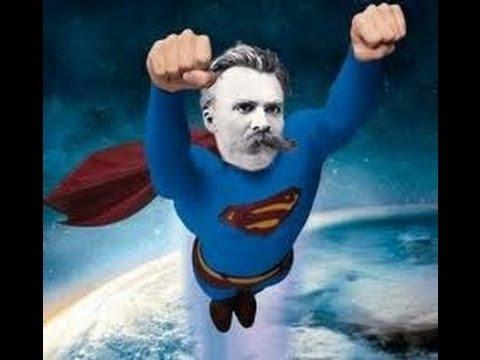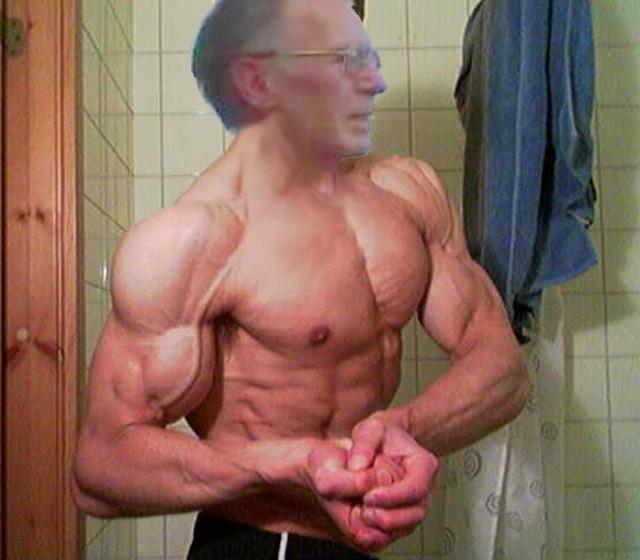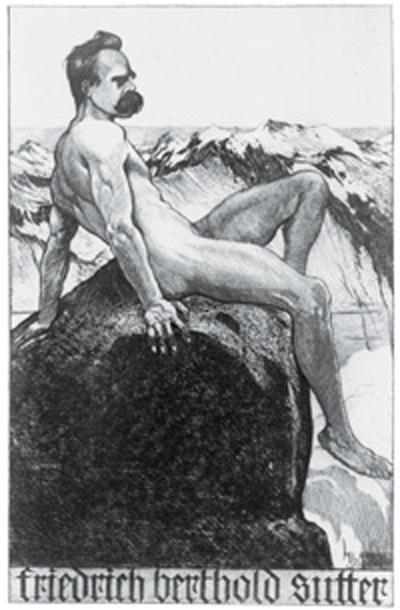Rays assertion of the divide between Nietzsches and his own philosophy was an assertion borne out of ignorance. I may say that there is no dog poo on my shoes because I don't see any. This is not conclusive. This is an assertion borne out of ignorance as on closer examination I realize "wow I do have dog poo on my shoes" I just didn't see it before. Weird example I know...
As I have said before: Rays assertion of truth is will to truth. This is predicted by Nietzsches will to power. Rays inability to see this does not change anything.
"Gradually it has become clear to me what every great philosophy so far has been - namely, the personal confession of its author and a kind of involuntary and unconscious memoir; also that the moral (or immoral) intentions in every philosophy constituted the real germ of life from which the whole plant had grown."
I highly recommend that you read "On the Prejudices of Philosophers" by Nietzsche. Here is a link:
Nietzsche: On the Prejudices of Philosophers
Wrong, First that wasn't his term. That term was from William Blake. Second Ray Peat is not asserting anything. He gives the example of asserting in that same page.
Ray Peat understands Nietzsche. Thats why he is able to be critical of it. Those who wish to state what every person does is an assertion are actually going against the Nietzsche because of his idea that there is not truth and everything is subjective.




